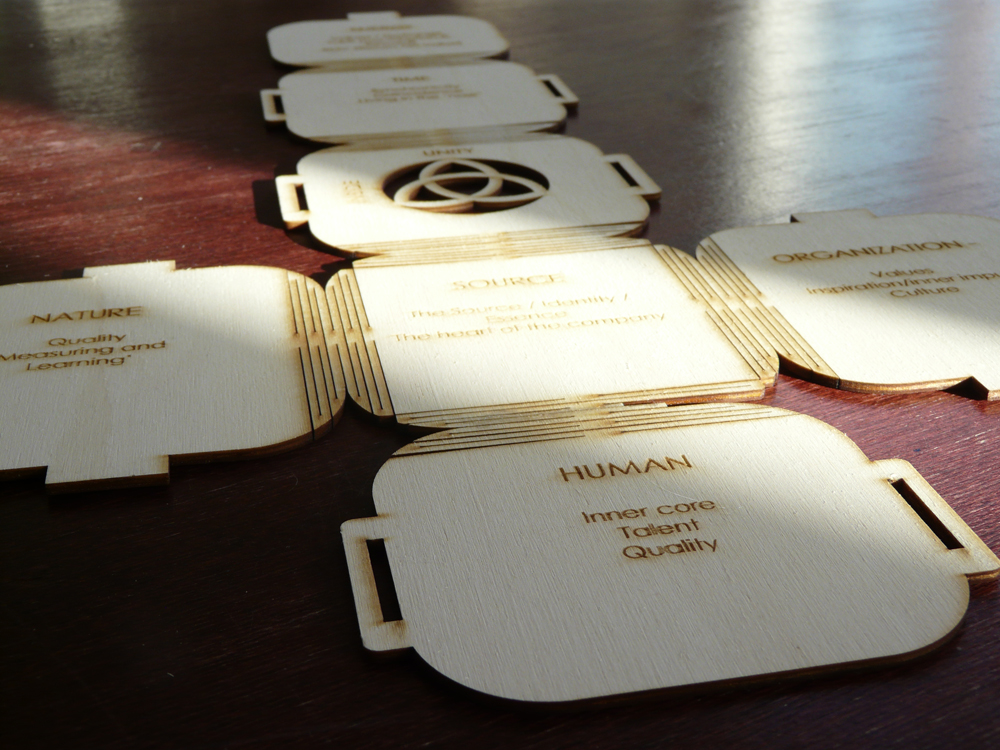
Social Entrepreneurship is about achieving social goals, often with innovative means. The identity of social enterprises and third sector organizations springs from what they do. But what are they? How do they look like from the inside? In this episode, we explore different approaches to governance, questioning how true democracy can be achieved inside organizations and on a broader level.
With the participation of:
Elisa Terrasi, development officer at CICOPA, the International Organisation of Industrial, Artisanal and Service Producers’ Cooperatives
Henry Mentink, founder of Dutch car-sharing company MyWheels and “village trade center” Het Veerhuis
Markus Luger, member of the Otelo (“Open Technology Labs”) outreach team in Austria and initiator of Otelo Linz
This episode uses extracts from David Bollier’s podcast series on the Commons.
David Bollier is an American writer and activist who has been exploring the commons as a new paradigm of economics, politics and culture.
LINKS, REFERENCES, FURTHER DISCOVERIES
The seven cooperative principles, born in 1844 but still alive and kicking.
Frémeaux, Philippe (2011) “La Nouvelle Alternative?” Paris: Les Petits Matins /Alternatives Economiques. Read here a review (in French) of the book.
Here are some views of Henry Mentink’s Source Box:
Sociocracy: democracy revisited.
The 2nd EMES-Karl Polanyi Conference in Paris (May 19-20 2016) was dedicated to “Societies in Transition: Social and Solidarity Economy, the Commons, Public Action and Livelihood”.
There I discovered, among other things, John Dewey’s “Creative Democracy” during a presentation by Robert Lake from Rutgers University (USA). I also learned a lot about the work of American political economist Elinor Ostrom.
Expanding democracy through the Commons, article on opendemocracy.net



